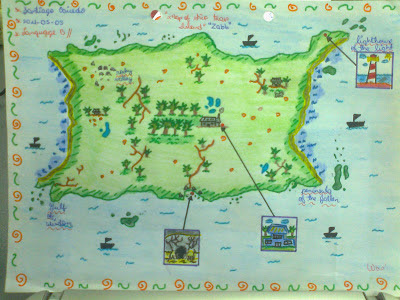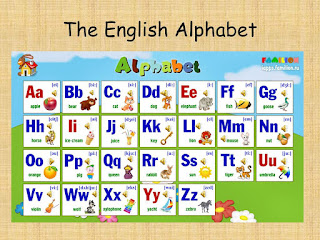I wish or I'd Wish
If I could make a wish I'd wish you were here with me now.
The sentence above is one of the few examples when saying I'D WISH is correct. In general the most usual form is I WISH which is an equivalent to the Spanish word OJALA.
I WISH, just like OJALA in Spanish, is used to refer to situations that you'd like to be real but are not, e.g. I wish I knew means I don´t know but I´d like to. Similarly you can use I WISH to refer to things you would have liked to be real in the past but were not, e.g. I wish I had been there which means I was not there but I'd have liked to.
The problem is that English learners tend to believe Wish is just another verb and some use it accordingly and that is Wish preceded by the modal WOULD thus ignoring its most common form.
The sentence above is one of the few examples when saying I'D WISH is correct. In general the most usual form is I WISH which is an equivalent to the Spanish word OJALA.
I WISH, just like OJALA in Spanish, is used to refer to situations that you'd like to be real but are not, e.g. I wish I knew means I don´t know but I´d like to. Similarly you can use I WISH to refer to things you would have liked to be real in the past but were not, e.g. I wish I had been there which means I was not there but I'd have liked to.
The problem is that English learners tend to believe Wish is just another verb and some use it accordingly and that is Wish preceded by the modal WOULD thus ignoring its most common form.




Comments